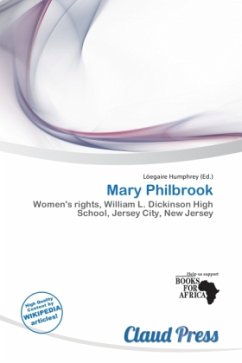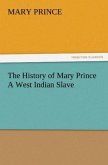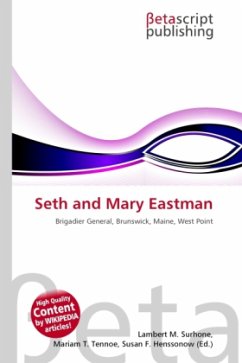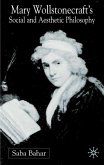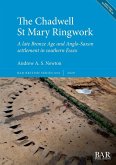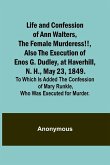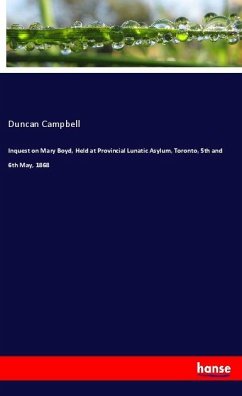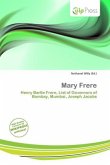Please note that the content of this book primarily consists of articles available from Wikipedia or other free sources online. Mary Philbrook (1872-1958) was one of New Jersey's most prominent women for equal rights. She was the first woman attorney in New Jersey and then used her legal training for the advancement of women's rights, the social settlement movement in Jersey City, and a gender free writing of the New Jersey Constitution of 1947. Mary Philbrook was born in Washington, D.C. in 1872 but her family moved to Jersey City by the time she was six. She attended Public School no11 (now the Martin Luther King, Jr. School) and then Jersey City High School (now William L. Dickinson High School). Philbrook left school before graduating to become a stenographer in a law office, and she applied to be admitted to the New Jersey Bar in February 1894. The fact that Mary had not attended college, law school, or even finished high school was no barrier to her admission as a lawyer. At the time, candidates could simply apply to take the bar exam. Some three hundred female lawyers were practicing in thirty other states, but the New Jersey Court decided that "[a] woman is not, by virtue of her citizenship, vested by the Constitution . . . with any absolute right. . . to practice as an attorney."
